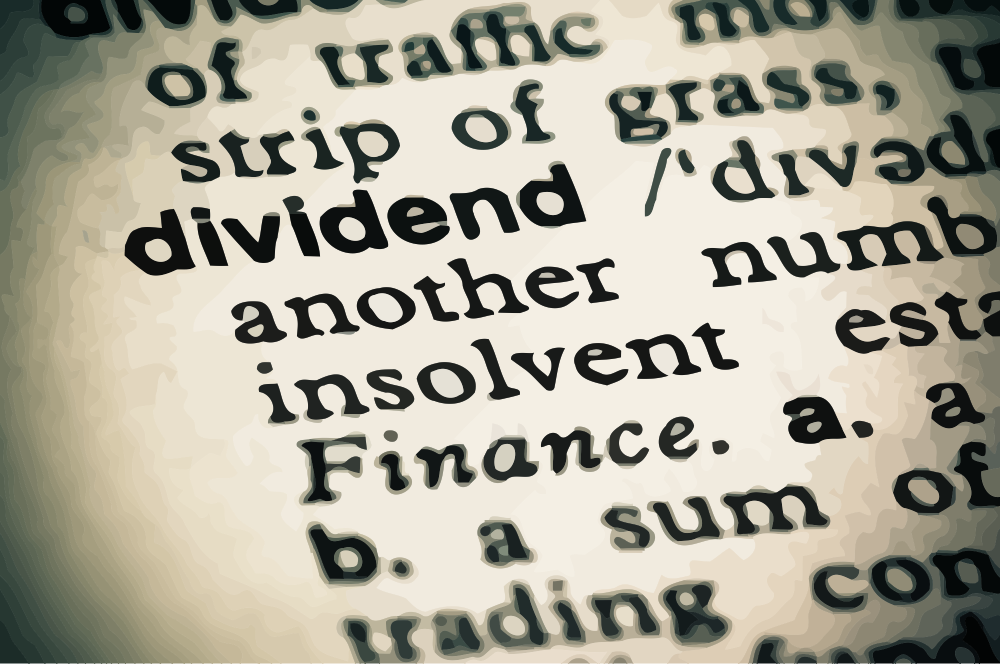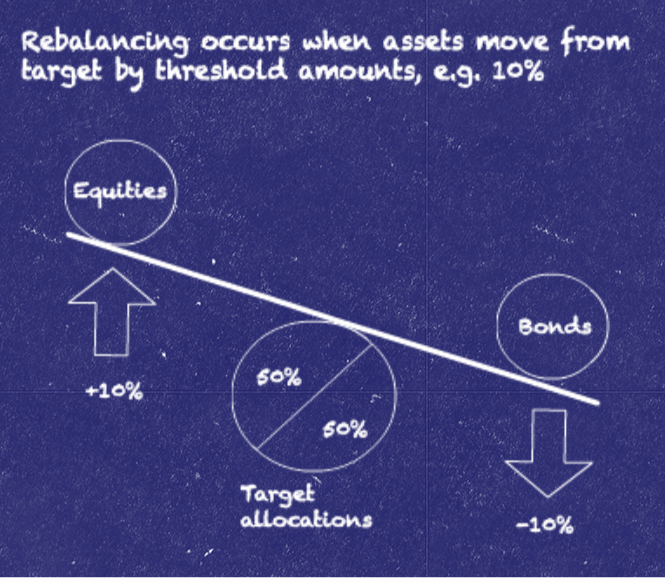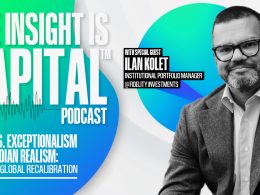Finding growing dividends
FOR ADVISOR USE ONLY
Conference Call REPLAY:
(888) 203-1112, Code: 7683601
(Replay available through April 2014)
During the week of March 24, 2014, there were 23 Capital Group investment professionals in Toronto doing research. This investment cluster is affectionately called the "Yield DOGS" (Dividends Oughta Grow).
Capital International - U.S. Equity portfolio managers Chris Buchbinder and Barry Crosthwaite were part of that group of investment professionals focused on finding growing dividends. Chris and Barry joined advisors on a conference call to share their views about the U.S. market. Highlights from the call are below.
Conference Call Highlights
The run-up in U.S. stocks
"U.S. stocks have had an amazing 40% run over the last two years. It wouldn't surprise me to see a correction of 10% or more. I carry a little more cash than I normally would, but I still feel good about the market over the medium term. That's based on valuations, which are not extreme given the slow economic cycle and the fact that funds are flowing back into equities.
"As the U.S. economy starts to normalize, we're getting away from this environment where macro is so important to driving results. Stock picking is becoming more important."
A framework for evaluating the health of equity markets
"When I look at any market around the world, I focus on fundamentals, valuations and flows. All three look reasonable for the U.S. market:
1. Deleveraging might even become a tailwind
"U.S. economic growth has been very slow since 2008, which is unusual after an economic recession. Typically, since World War II, you'd see post-recession growth in the 4-8% range. The reason for this slow growth has been the amount of leverage that was built up in the U.S. economy between 1980 and 2007. Now, the big deleveraging headwind has stopped, and banks are willing to loan. Consumers are starting to take on more debt; businesses are starting to borrow. There are no excesses built up in the U.S. economy, and there's no reason for the Fed to start raising rates and halt a recovery."
2. Valuations are not extreme
"The U.S. equity market is at about 16 times earnings, not far from average. The sweet spot for P/E ratios is when the long bond is between 3.5% and 5.5%. You go above or below that, and P/Es start to compress. You usually get a P/E in that period at about 15 to 20 times, or call it 17Vz times. So if we have a gradual economic expansion and a gradual increase in rates, it would not surprise me to see P/Es actually go up modestly.
"Small cap stock P/Es are over 20, which is high relative to history, and mid cap stocks as well. But large cap U.S. stocks - which is primarily what the U.S. Equity Fund is looking at — have pretty reasonable valuations, so I think there's value there."]
3. Equity flows are positive again
"Flows into U.S. equities between 1995 and 2000 were $1.25 trillion. Fast forward to 2007 to 2012, and $1.25 trillion flowed into fixed income, while almost $500 billion flowed out of equities. 2013 was the first year we had positive flows into equities in a number of years, and it's continuing this year."
The U.S. Gulf Coast
"The U.S. is going from being an importer of refined products - gasoline, diesel, natural gas, fertilizers, some chemicals - to an exporter of those products over the next decade. In the next five years or so, the U.S. will spend $100 to $150 billion building chemical plants on the U.S. Gulf Coast I'm investing in engineering construction companies, in regional banks that are going to benefit from real estate values, the job market and the income that's going to be created in that region."
The transportation fuel chain
"The five-fold increase in oil prices has really shocked the global transportation chain. It takes a long time to move to substitute fuels or to higher efficiency vehicles. In autos, the internal combustion engine is being redesigned to increase mileage. I'm investing in companies that supply high-tech components for those engines. Trucks, trains, marine transport engines that run on diesel fuel today will likely convert to natural gas. Right here in the Great Lakes, Shell Oil is signing contracts to turn ships into LNG vessels.
"This change even impacts airplanes. For example, the Boeing 787 Dreamliner is 25% more fuel efficient than existing fleet and airlines are buying them for their fuel efficiency. I'm investing in the supply chain of component companies that may benefit from changes like these."
How rising rates might affect dividend stocks
"Companies with growing dividends- not just high yields that do not grow-- can actually do well or better than the market, even in periods where rates are rising. If you were contemplating a period of rising rates and inflation, you'd want to focus on those companies that have substantial pricing power, such as consumer staples companies that can pass inflation through to their consumers. That plays into my investment framework right now."
Capital Group: Finding Growing Dividends
Copyright © Capital Group















